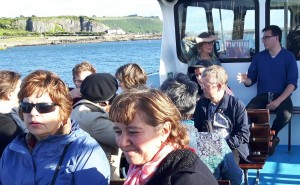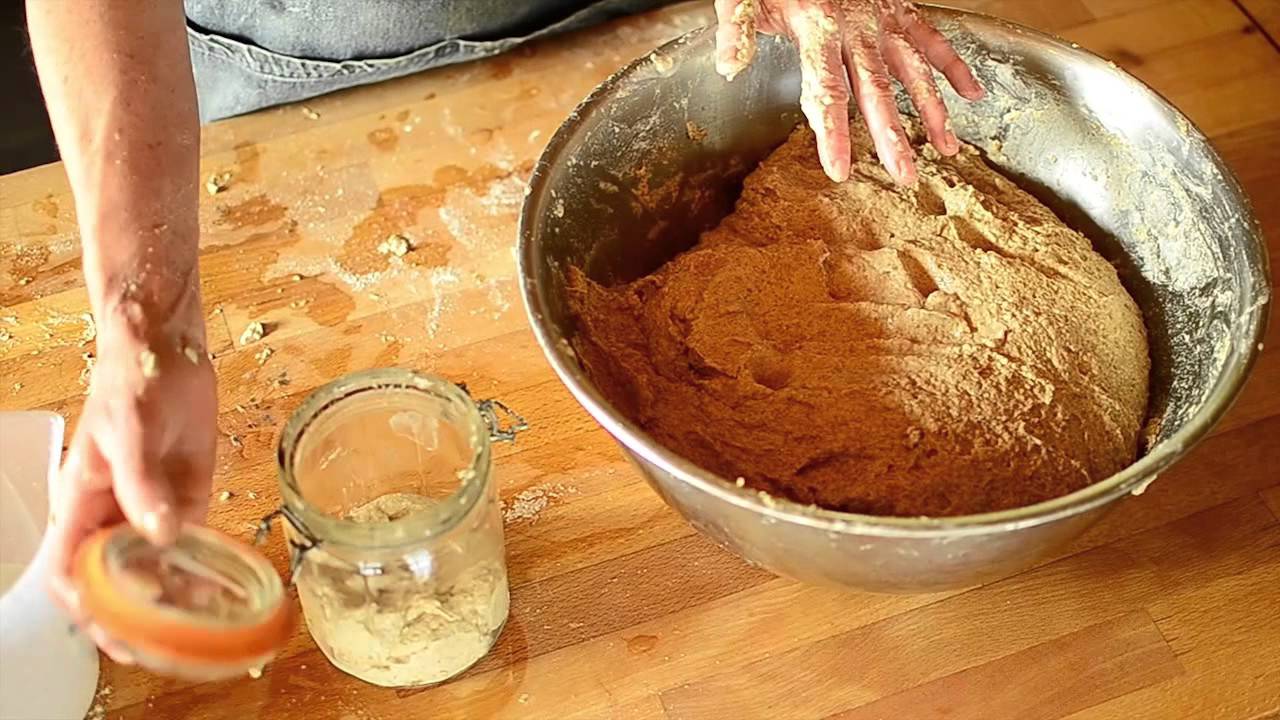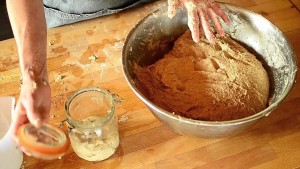By Jayne Buchanan (Plymouth University)
So what does the art of making sourdough bread have to do with being a research student? As I reflect on my experiences at attending two conferences at Plymouth University and one at Leicester De Montfort University this month, it bought to mind cookery instructions on how to make a sourdough starter.
Making a sourdough starter is a complicated affair which involves water, flour and grapes to create a living growing mass. It must be kept warm, not left alone too long. Periodically, you must feed the starter with more flour and water to keep it alive, but importantly you must also discard some of the content of the bubbling, living mass to prevent it taking over your kitchen!
My PhD journey is only a few months old and I have been keeping it warm and tending it diligently. Attending these conferences gave me opportunity to ‘feed’ my research starter.
The first conference “Places and Spaces to Write” contained papers on subjects from “Idealised identities: Exploring Persona within Academic Writing” to “What does a good writer need to do?” The second was the Transimage Conference “The Atemporal Image” where presenters investigated the intersection between art, science and culture.
Both of these were international conferences drawing delegates and speakers from as far afield as Botswana and Canada. At Leicester De Montfort Universit y the Graduate Conference for Adaptation and Textual Studies covered such diverse topics as “Dr Faustus as a Work in Progress” and “What is Compositional Hermeneutics?”
y the Graduate Conference for Adaptation and Textual Studies covered such diverse topics as “Dr Faustus as a Work in Progress” and “What is Compositional Hermeneutics?”
During each of these conferences I found many instances of inspiration for my own work in art history; from the first conference I was asked to consider the role of narrative and voice in my writing.
From the second I gained insight into the idea of image as icon, index and relic. Within the scope of textural analysis I was forced to look differently at my textural sources in the writing of my own paper and consider analysis techniques available to me.
The conferences gave me opportunity to look outside my small bucket of research and feed it with ideas from all around the world. In doing so my research was enriched and my appreciation of what is possible was reset. I realise that in the future some of what is added must be discarded to preserve the focus of my work, but for now I am left bubbling with ideas.
Go to conferences, talk to people about your research and listen to them talking about theirs. Be open to influences and experiences. The loaf, that is your research, will be all the better for it.


